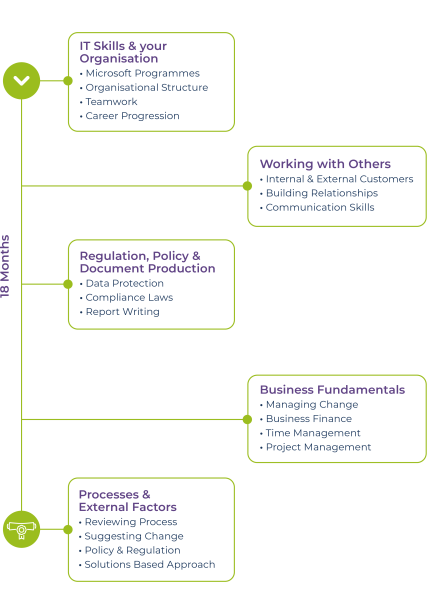A First Line Manager apprentice can add substantial value by improving team performance, managing resources efficiently, and driving successful project outcomes. With training in emotional intelligence, performance management, and leadership styles, they are equipped to motivate teams, manage workloads, and foster a positive work environment. Their ability to align goals with organisational strategy, provide constructive feedback, and manage conflict helps optimise team dynamics. Additionally, they contribute to operational efficiency by overseeing budgets, analysing data, and leading change initiatives, ensuring that resources are allocated effectively and business objectives are achieved.




